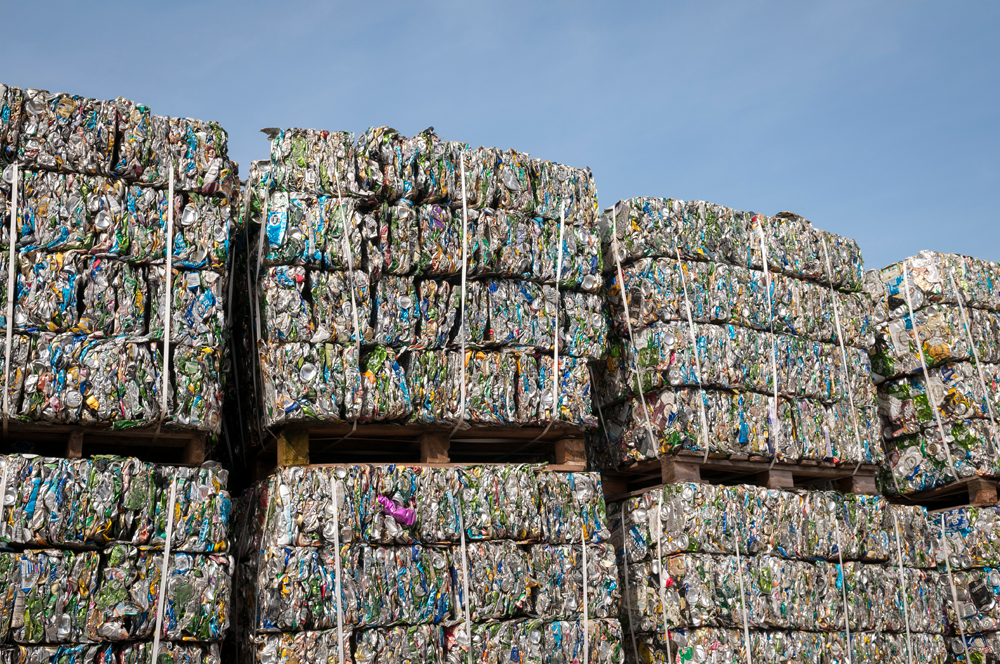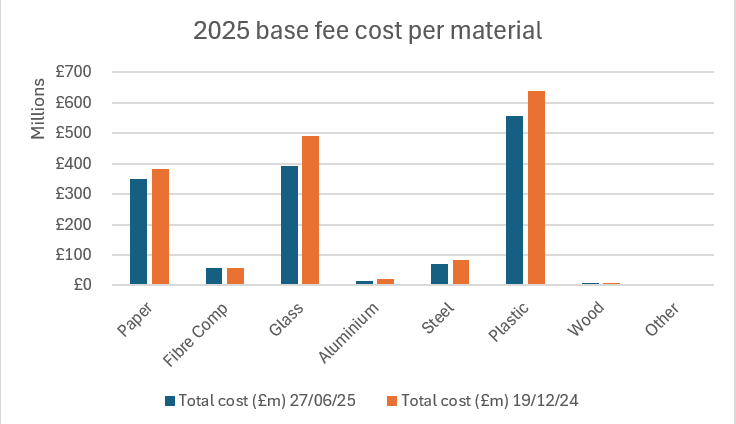The project aims to develop a single digital service that will make it easy to track waste and resources in real time, which is hoped to improve the quality and accuracy of waste data.
The waste tracking team, which involves all UK nations and is coordinated by the Department for Environment, Food and Rural Affairs, has announced that it has now secured an IT supplier to build the waste tracking service. It said that the project group is now working with the IT supplier “to ensure they have everything they need to proceed with the development”.
According to a newsletter covering the project, the development phase will see the service being built “for real” and initially tested with a small number of invited participants in a controlled environment, with the initial focus on exports of green list waste. This is expected to allow the team to assess the performance of the service and how well it meets the needs of users, with user feedback set to inform further refinement of the service.
The waste tracking project brings together Defra, the Department of Agriculture, Environment and Rural Affairs in Northern Ireland, the Welsh Government, the Environment Agency, Scottish Environment Protection Agency, Natural Resources Wales and the Northern Ireland Environment Agency.
Waste movements
On the topic of green list waste, the waste tracking team outlined that it has researched bulk submissions for high-volume exporters to enter their information and is “currently exploring simpler methods to submit information for consistent patterns of exports”. Next, it plans to research importing waste into the UK and how information about interim sites can be captured”.
With regards to hazardous waste movements, the team said it has focused on prototyping declarations that are needed when the waste is passed from producer to carrier, to receiving site. It added that it is now exploring how non-hazardous waste movements can also be brought into a similar model.
Consultation
The waste tracking team noted that a government response to a public consultation on introducing mandatory digital waste tracking is planned to be published in the spring.
A summary of the responses to the consultation on introducing mandatory digital waste tracking was published towards the end of last year. The consultation sought views on replacing paper-based record-keeping with digital tracking of what waste is being produced and where it ends up. The responses to the consultation highlighted the transition to mandatory waste tracking could cost organisations more than £100,000.
However, the respondents also suggested that their organisations could save up to £40,000 in the first year via data storage costs, time spent checking data quality, not having to complete or submit waste returns and time spent obtaining information from customers. (see letsrecycle.com story).









Subscribe for free